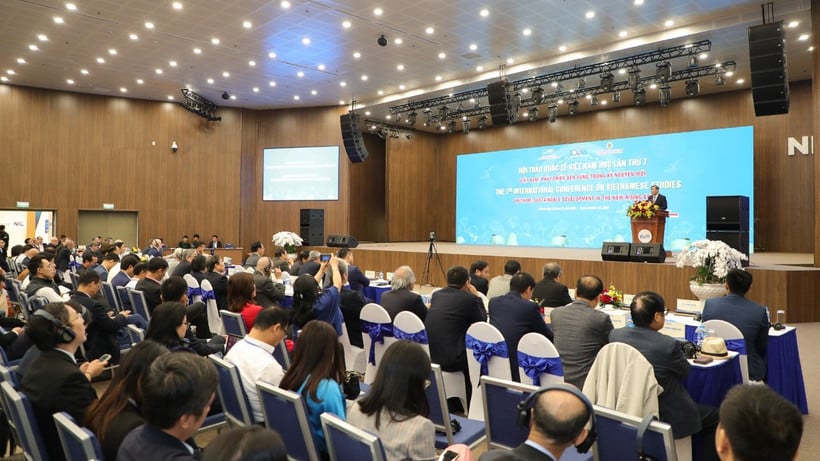
Attending the workshop were Deputy Prime Minister Le Thanh Long; representatives of leaders of a number of central ministries and branches; and about 1,200 domestic and international scientists from more than 30 countries and territories participating in person and online.
Promoting the value of Vietnamese studies - spreading the image of Vietnam to the world
Speaking at the workshop, Deputy Prime Minister Le Thanh Long emphasized: Each country and each nation has its own historical traditions, customs and important milestones that shape its own identity. To deeply study and understand those values, over the years, the world has formed and developed famous country studies such as Chinese studies, Japanese studies, American studies, Indian studies... or regional studies such as European studies, Asian studies, Southeast Asian studies and recently, Global Studies. These are scientific fields that deeply study the history, culture, countries and people of countries, nations and regions; they are bridges connecting, exchanging, strengthening solidarity with each other, together creating and preserving a peaceful , stable and sustainable development environment.
With Regarding Vietnamese Studies, the Deputy Prime Minister said: This is an interdisciplinary social science and humanities field, specializing in comprehensive research on the country and people of Vietnam; on the heroic history with a thousand-year tradition of building and defending the country; on the glorious feats of arms against foreign invaders; on the spirit of solidarity, passionate patriotism, on the unique, rich, and diverse cultural identity; on the Vietnamese people who are industrious, diligent, brave, resilient, kind, hospitable and always eager to rise up.
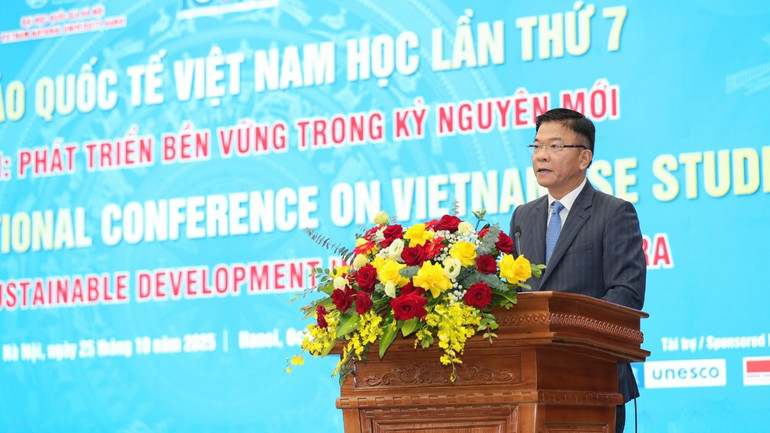
During the process of formation and development, the field of Vietnamese studies has not only been built by generations of domestic scholars and researchers, but has also attracted many international experts and scientists. Up to now, Vietnamese studies is not only a strongly developing field in countries in the region such as China, Japan, Korea, Thailand, Russia, but has also reached far to the US, Germany, France with many research and translation works on history, society, religion, culture and literature of Vietnam.
On behalf of the Government of Vietnam, the Deputy Prime Minister acknowledged and thanked the dedicated efforts of the team of domestic and international experts, scientists and researchers in the field of Vietnamese studies, making important contributions to the socio-economic development of Vietnam, while also contributing to promoting the image of the country and people of Vietnam to friends around the world.
Deputy Prime Minister Le Thanh Long also emphasized: After 40 years of implementing the renovation process, with determination and outstanding efforts, Vietnam has achieved great achievements. From a poor, backward country, suffering many pains and losses after World War II, Vietnam has become a developing country with average income.
By 2025, the economic scale will reach 510 billion USD, ranking 32nd in the world. GDP per capita is estimated at about 5,000 USD, entering the upper middle-income group. The Human Development Index will increase by 18 places, ranking 93/193 countries and territories. The Happiness Index will rank 46th, up 37 places compared to 2020. Social politics will be stable, national defense and security will be strengthened, social order and safety will be ensured, national independence and sovereignty will be maintained, foreign affairs and international integration will be promoted, a peaceful and stable environment will be maintained, and favorable conditions for learning and development will be maintained. Vietnam is recognized by the United Nations as one of the leading countries in implementing the Millennium Development Goals and is striving for sustainable development goals.
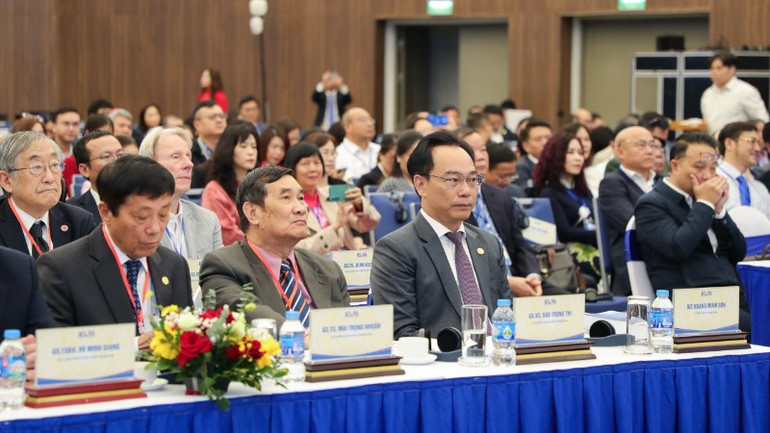
Entering a new era of development, Vietnam is determined to achieve the goal of becoming a developing country with modern industry and upper middle income by 2030 and a high-income developed country by 2045.
To achieve those goals, the Deputy Prime Minister said: Vietnam focuses on building an independent, self-reliant economy, associated with proactive, active, comprehensive, substantive and effective international integration, continuing to prioritize promoting growth associated with maintaining stability, macroeconomic foundation, controlling inflation, ensuring the great balance of the economy, developing synchronously and harmoniously socio-cultural development, on par with economic and political development. The consistent viewpoint is "taking people as the center, the subject, the goal, the driving force and the most important resource of rapid and sustainable development", not sacrificing progress, social equity, social security and the environment to pursue purely economic growth.
With the opinions, strategic consulting proposals as well as specific solutions in all fields of politics, economics, society, culture, education, science, technology, innovation and international integration at this conference, the Deputy Prime Minister expressed his belief that the information, knowledge, intelligence, experience, and valuable research works of the community of experts, scientists, and researchers will continue to affirm the position of Vietnam Studies, providing more and more practical scientific bases to serve the cause of building, protecting, and sustainably developing Vietnam in the new era.
Developing a global network of Vietnamese studies
In his opening speech, Associate Professor, Dr. Hoang Minh Son, Director of Hanoi National University affirmed: The theme of this conference “Vietnam: Sustainable development in the new era” not only has profound academic value, but also clearly demonstrates the responsibility of science towards the country's development practices.
Currently, there are hundreds of research and teaching facilities for Vietnamese studies in universities, research institutes and international organizations in the world. These facilities have made many important contributions to research on Vietnam, building a global network of Vietnamese studies, and always accompanying and supporting Vietnam in the cause of national development and expanding international cooperation.
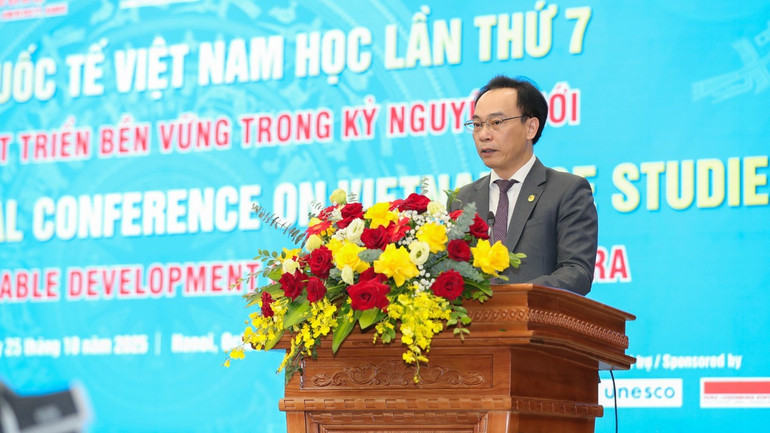
In Vietnam, Vietnamese studies have had more than 20 years of steady development in the university education system. Hanoi National University is proud to be the core center for training and research in Vietnamese studies with typical units such as the Institute of Vietnamese Studies and Development Sciences, the University of Social Sciences and Humanities, and the Vietnam-Japan University. These are prestigious academic addresses, contributing to promoting Vietnamese studies to become a bridge of knowledge and spreading Vietnamese values to the world.
According to Associate Professor, Dr. Hoang Minh Son, since 1998, when Hanoi National University initiated the first international conference on Vietnamese studies, the series of events has become an international academic brand, gathering thousands of domestic and global scholars. The conferences have contributed to deepening awareness of the history, culture, people and development journey of Vietnam. Not only is it the largest scientific event about Vietnam, the Conference is also a symbol of intelligence, dialogue and international cooperation.
For Hanoi National University, organizing the Conference is the intellectual mission and responsibility of a leading research university in connecting knowledge, providing policy advice and spreading Vietnamese values to the world.
The Director of Hanoi National University emphasized that the conference took place in the context of a rapidly changing world with many intertwined opportunities and challenges; Vietnam is entering a new stage of development. In recent times, the Party and State have issued many important and breakthrough policies and resolutions, creating a strategic foundation for the country to develop rapidly, sustainably and comprehensively. These orientations open up new requirements for scientists: constantly renewing thinking, linking research with practice and contributing solid scientific arguments for policy making.
According to the Organizing Committee's report, the International Conference on Vietnamese Studies received 961 scientific reports, including 105 reports from international scholars from 20 countries - a record number in more than 25 years of organization.
In the three plenary sessions of this conference, delegates focused on clarifying Vietnam's key issues in the process of sustainable development, international integration and growth model innovation.
Many works are highly general in theory and practice, revolving around major groups of topics: New trends of Vietnamese studies in the globalized world, from approaches to urban area studies, ecological civilization, to socio-cultural research, national reconciliation and identification of Vietnamese identity in international exchanges; solutions and models of sustainable development for Vietnam in the new era, including institutional reform, private economic development, taking advantage of comprehensive strategic partnerships, responding to climate change and green economy, digital transformation; Vietnam's role in the global system, approached from diplomatic, social science and cultural perspectives.
Source: https://nhandan.vn/khang-dinh-vi-the-viet-nam-hoc-trong-ky-nguyen-phat-trien-moi-post917941.html



![[Photo] Prime Minister Pham Minh Chinh receives United Nations Secretary-General Antonio Guterres](https://vphoto.vietnam.vn/thumb/1200x675/vietnam/resource/IMAGE/2025/10/25/1761390212729_dsc-1484-jpg.webp)
![[Photo] Prime Minister Pham Minh Chinh and United Nations Secretary-General Antonio Guterres attend the Press Conference of the Hanoi Convention Signing Ceremony](https://vphoto.vietnam.vn/thumb/1200x675/vietnam/resource/IMAGE/2025/10/25/1761391413866_conguoctt-jpg.webp)

![[Photo] National Assembly Chairman Tran Thanh Man receives United Nations Secretary-General Antonio Guterres](https://vphoto.vietnam.vn/thumb/1200x675/vietnam/resource/IMAGE/2025/10/25/1761390815792_ctqh-jpg.webp)

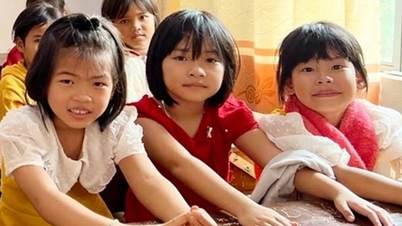

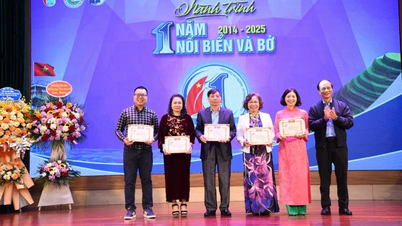
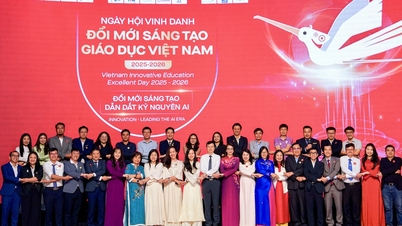




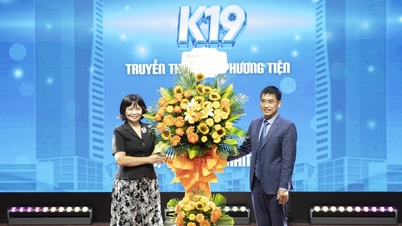





![[Photo] Prime Minister and UN Secretary-General leave together to attend ASEAN Summit](https://vphoto.vietnam.vn/thumb/402x226/vietnam/resource/IMAGE/2025/10/26/1761412417627_a1-7353-jpg.webp)
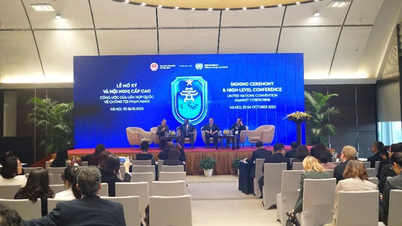
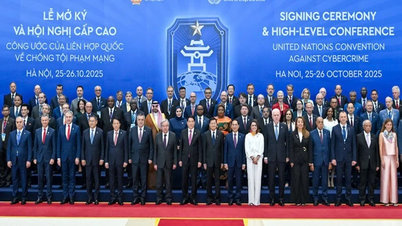
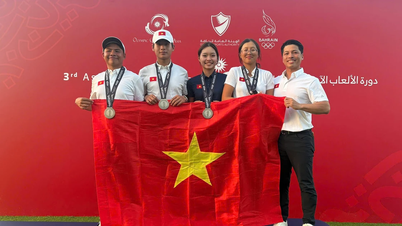
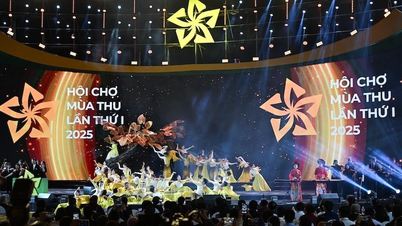

![[Photo] General Secretary To Lam meets with General Secretary and President of Laos Thongloun Sisoulith](https://vphoto.vietnam.vn/thumb/1200x675/vietnam/resource/IMAGE/2025/10/25/1761380913135_a1-bnd-4751-1374-7632-jpg.webp)




































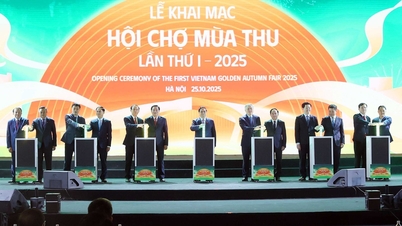

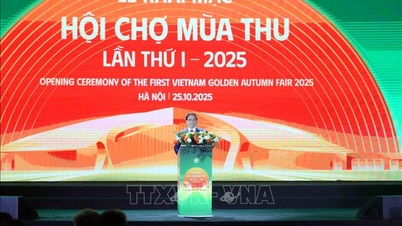
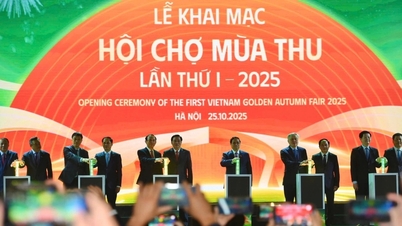
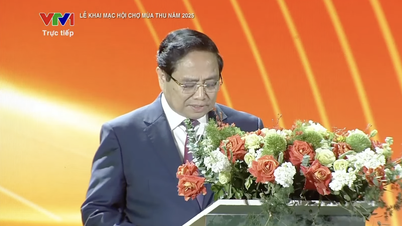




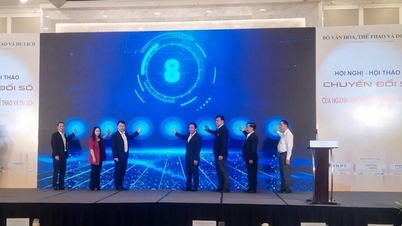

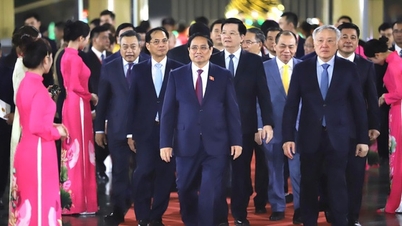
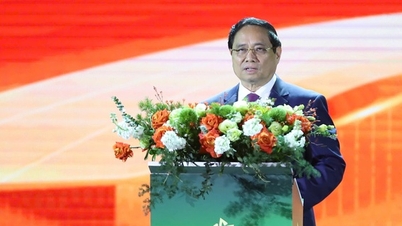
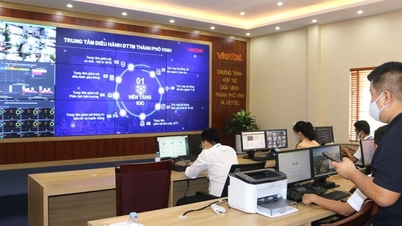

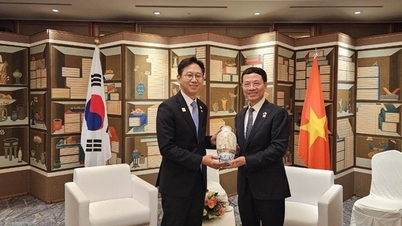
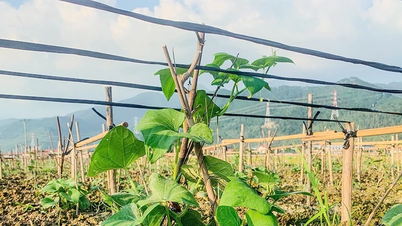

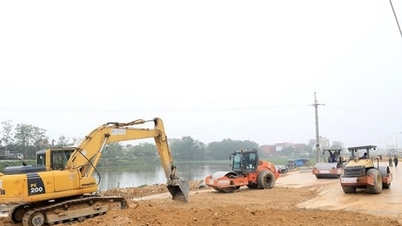

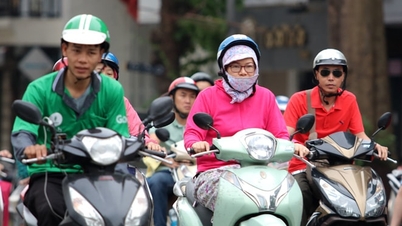

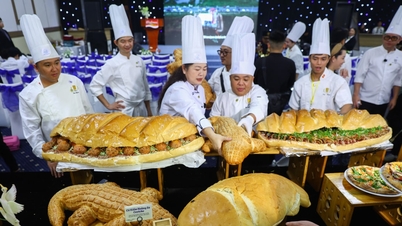




















Comment (0)